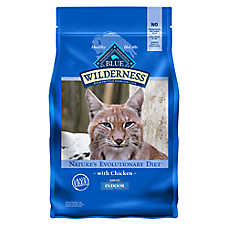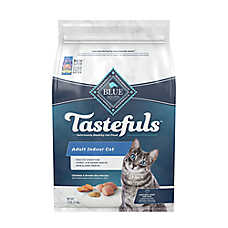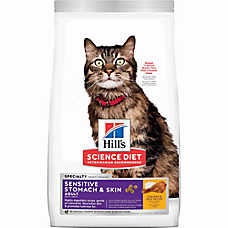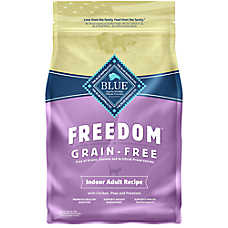What Can I Feed My Cat?
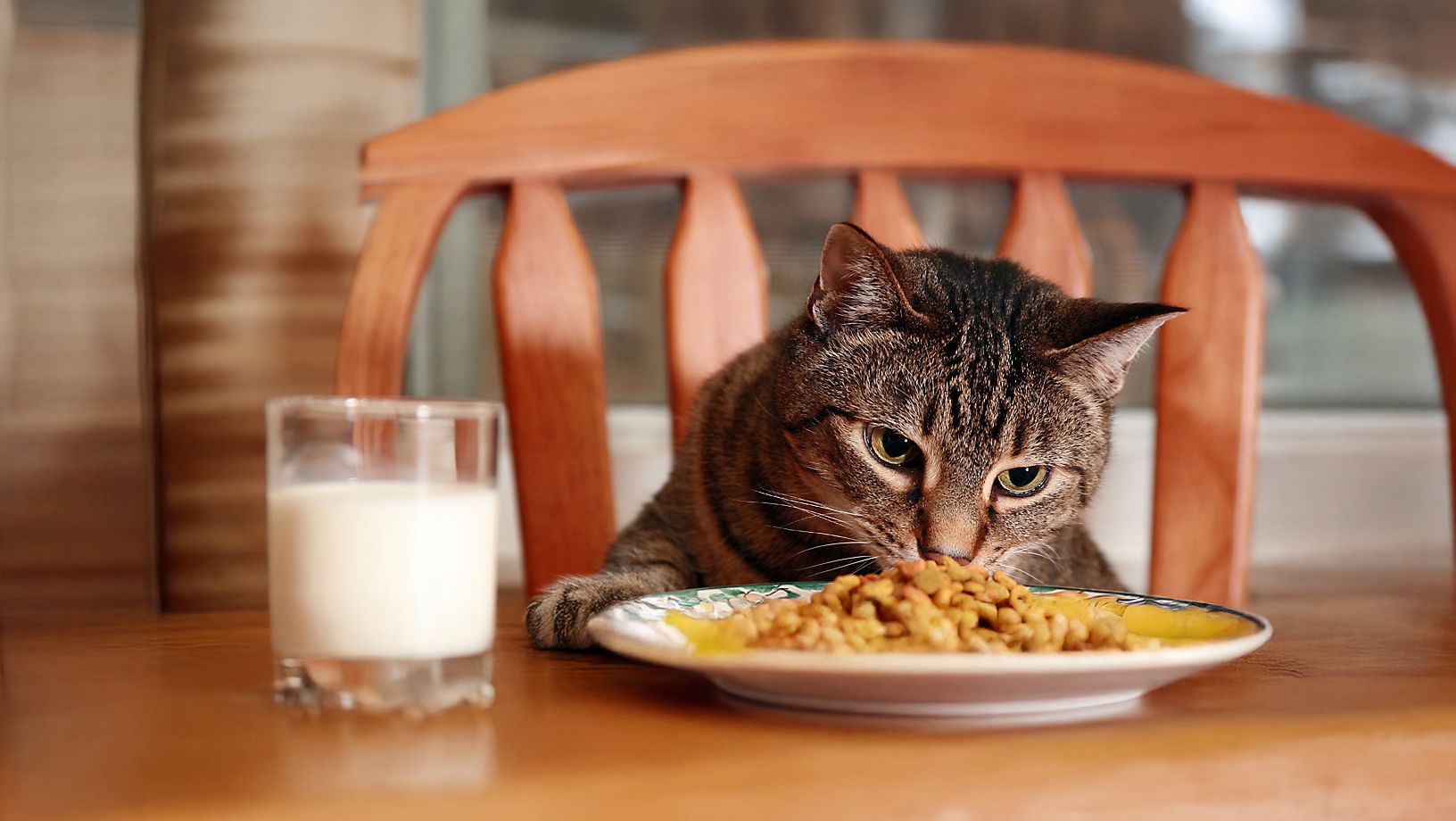
In this Article
Learning what to feed your cat can help support their health for their entire lives. Cats deserve the best diets so they can feel their best and look their best. Although your vet is the biggest authority and most trusted source of information regarding your pet’s diet, here are some tips for what you can feed your cat.
Starting with The Best Food for Cats
Cat Nutrition Basics:
A few things are true for all cats. In general, ideal dry food for adult cats includes 30% protein and 12% fat. The ideal wet food contains 8% protein and 4% fat.
Adult cats can be fed twice a day or, if they prefer, multiple small meals daily. Many cats set their own eating schedules; if that is the case, it’s fine to leave out dry kibble in their cat food bowl or automatic cat feeder for them to nibble.
If your cat never seems to call it quits at the food bowl, portion control is in order. Remove temptation by taking away the kibble between meals.
What Should You Feed Your Cats?
- Best Food for Kittens - Since kittens are still developing, they need food that can help support their energy, development of muscles and body and give them everything they need nutritionally. Figuring out how to choose the right kitten food means finding food designed specifically for their age group. When choosing a kitten food, some considerations include finding one with sources of protein, taurine, and other important nutrients that support their development.
- Best Food for Adult Cats - Adult cats require less energy-heavy food as they no longer burn through it as quickly as they once did. Although they no longer need kitten food, they still need important nutrients in their diet to support their health and happiness. During this phase, it is best to work with your vet to determine what cat food will be best for your cat. If your pet has any specialized nutritional needs or health considerations, those details can be factored into your decision.
- Best Food for Senior Cats - When a cat transitions into their senior years, cat food needs to provide nourishment and nutrients to support their aging body. As cats age, there is also a chance that they can develop different health considerations that factor into their dietary needs. For example, cats with aging joints might need a diet that supports their joint health. Cats with heart conditions may need diets that support their heart health. It’s best to consult with your veterinarian as to what the specific health needs of your cat are and to determine the best diet for them. They can evaluate your pet to help you choose the perfect cat food for their needs.
What Can Cats Eat Besides Cat Food? Human Food That is Ok for Cats
Always consult with your veterinarian before giving your cat any food that is not a part of their normal diet. Some of these human foods are ok for cats to eat in moderation. It’s important to note that no more than 10% of their diet should come from cat treats or human food since this can mess with their fully-balanced diet. It is always best for your cat to stick to their normal diet.
- Meats - Most meats are safe for cats to eat as a treat. They are a good source of protein and are absolutely delicious. Meats that are safe for cats include cooked beef, chicken, turkey and deli meats. Fish has a lot of omega-3 fatty acids which can be healthy for your cats. Canned or cooked fish is the best option. Stay away from raw or uncooked fish and meats.
- Veggies - Most people have a hard time getting their cats to eat vegetables. If your cat likes them, they can have carrots, peas, green beans, zucchini, lettuce, pumpkin and a few others. DO NOT under any circumstances feed your cat onions, garlic, leeks, scallions, chives and other similar vegetables. These can cause a lot of issues for your cat.
- Fruits - A fun fact about cats is that they can’t taste sweet things. They do not have sweet taste receptors on their tongue. While they can’t taste the flavor, they might still like the texture of some fruits. Fruits that are safe for cats include apples, bananas, blueberries, cantaloupe, strawberries and seedless watermelon. DO NOT under any circumstances give your cat cherries or grapes (or raisins).
Remember, always talk to your vet before giving your pet anything that is not a part of their approved cat diet.
Information in this article is not intended to diagnose, treat or cure your pet and is not a substitute for veterinary care provided by a licensed veterinarian. For any medical or health-related advice concerning the care and treatment of your pet, contact your veterinarian.
